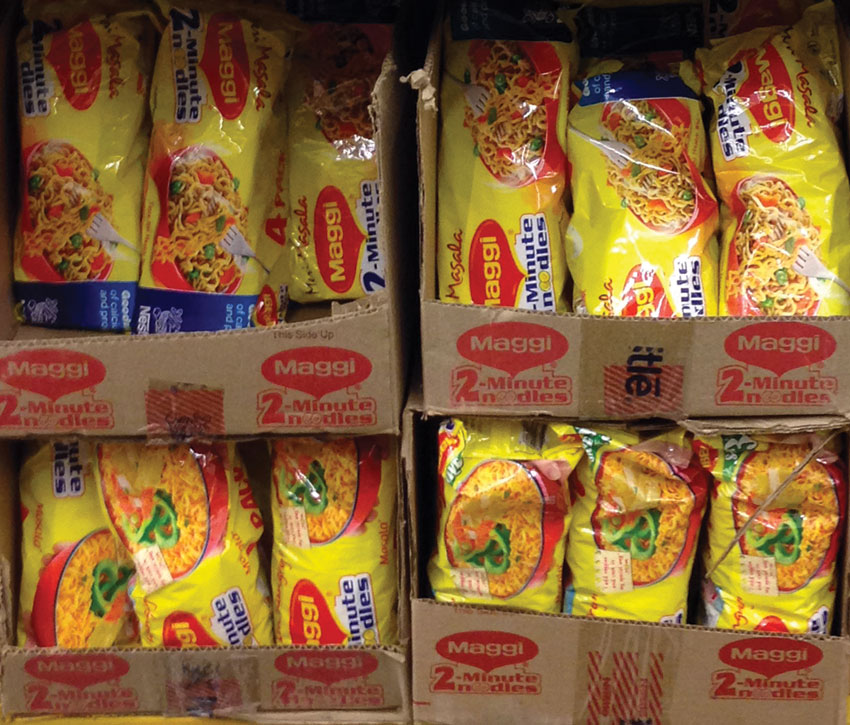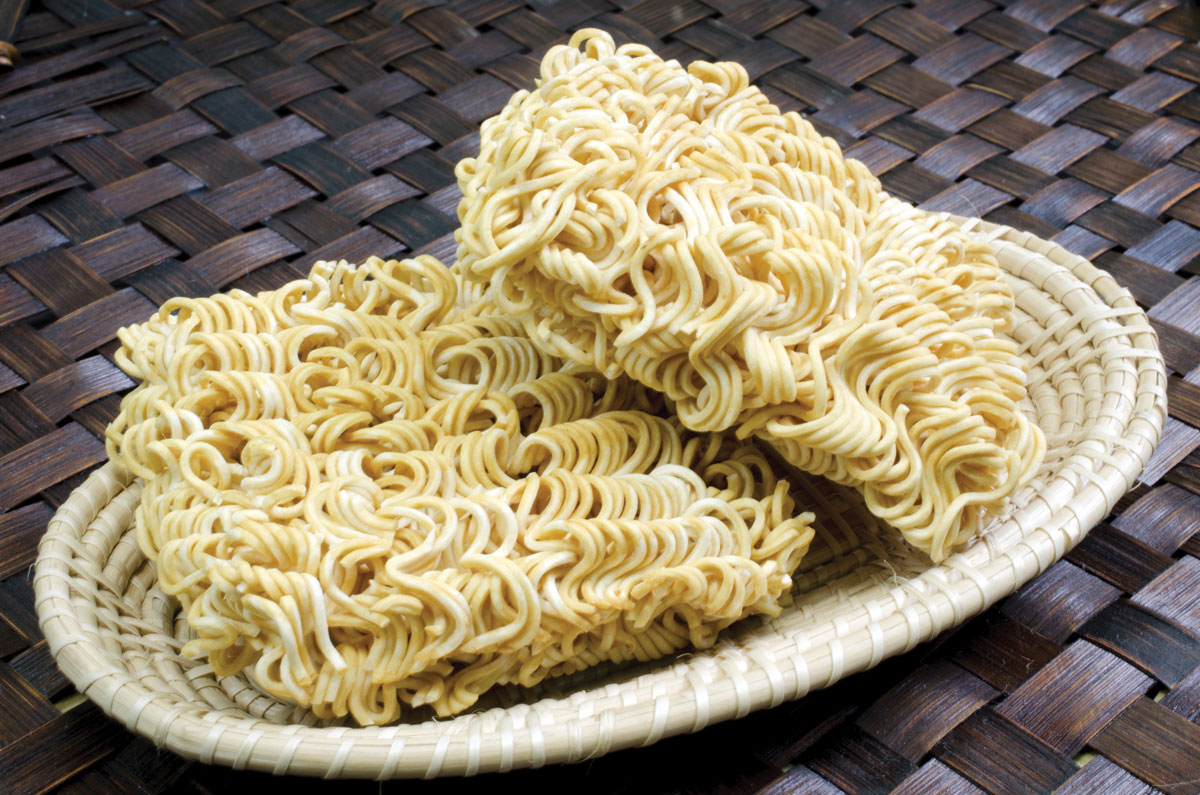THE LAST MAGGI
A few days back I consumed the last packet of Maggi noodles, allegedly infused with lead and MSG, as per tests conducted by our food authorities, many of whom, we hear are quite serious about their work, writes Siddharth Srivastava.
Given their (food authorities) diligence, maybe, someday in the distant future, poor and underfed children across India will not die or be frequently hospitalized due to acute food poisoning in school Mid Day meals that is managed by the government.
Maybe, someday in the distant future the street food I often consume off the streets of Delhi and anywhere else in India will be free of fecal matter, pesticides, insecticides, contaminated water, bacteria. My guess is that such “acche din” will not be witnessed either by me or Narendra Modi in our lifetime, unless we decide to settle down in Europe.
Given all the dirty food circulating around us, it was a bit of shock, as it must have been for countless others, when Maggi was banned.
After all, Maggi can easily be added to the list of Bollywood, cricket and politics that Indians, rich and poor, are habituated to obsess about, for the good or bad. It has a cultural, historical, traditional zing to it. I recall my college days, more than two decades ago: I owned a second-hand scooter and ate Maggi. I could afford both without begging my parents for more pocket money. The contamination issue was a shocker too. It was unexpected. It would perhaps have been more apt to ban the noodles and also Cola, French Fries, potato chips, MacDonald burgers for causing obesity among countless children addicted to junk.
And the supposedly healthy zero version of such junk causing obesity among countless adults. Instead Maggi has been banned as it supposedly contains MSG and lead. I do not recall reading anything about anybody being hospitalized after eating Maggi.
Bit like, prohibiting cigarettes, alcohol or tobacco, not because they are a health hazard or social evil, but because they smell and taste bad, with the added warning that all actors and actresses who have ever smoked and drunk on screen could be accused of committing a crime. Instead of digging for past greats who deserve the Bharat Ratna, the authorities would start sending notices to families of dead stalwarts who smoked.
In India anything is possible, though some things will never change, like potholed roads, power cuts and crony capitalists such as Lalit Modi who party hop from Italy to Ibiza with impunity. Getting back to the last packet of Maggi in my house. It was the last in my area too. I cross-checked. There are no more available in the super markets in the vicinity. As a matter of fact all instant noodles seem to have disappeared from the shelves.

I wonder why our authorities are unable to impact other aspects of our daily living that desperately need to be acted upon, like removing potholed roads, power cuts, malnourishment, hunger, farmer suicides. I asked a couple of shopkeepers about Maggi packets. Even though I am a frequent visitor, they looked away, shaking and nodding their heads, as if I had requested for contraband item, condom or maybe they thought I was a food inspector in my real life. It was disappointing to boil the last of the Maggi noodles in my kitchen.
My culinary skills do not count for much, except for boiled egg and the perfect Maggi, soft strands and very tasty.
Sometimes I just microwave, between seven to eight minutes; very simple. And, in normal circumstances I would not have dared to eat Maggi, especially if it was the last packet available in mother India. The instant noodles in the house are strictly reserved for my two daughters. Rest assured, there are never any leftovers, unlike green vegetables, dal and milk.
Until the controversy broke, the children were assigned a quota of two packets of Maggi each per month by their very health conscious mom, given the high salt and calorie intake. The kids thus count their noodles before they eat.
Until the supercharged and hysterical scenario centered around Maggi is fully cleared I guess it was a tad risky to offer them to the kids, who were clearly not very happy with the double standards.
“What is not good for us is not good for him,” they argued. But, I overruled, for once, exercising my authority as a father. As I relished the last dish of instant noodles, I debated the controversy in my mind yet again. The matter is not settled yet. There are too many grey areas and unanswered questions.
It is for the Mumbai court to decide now. Whatever be the final denouement, there is no doubt that India’s food standards are among the worst in the world. We owe it to the future generation to set things right. It has to be now more than ever.


